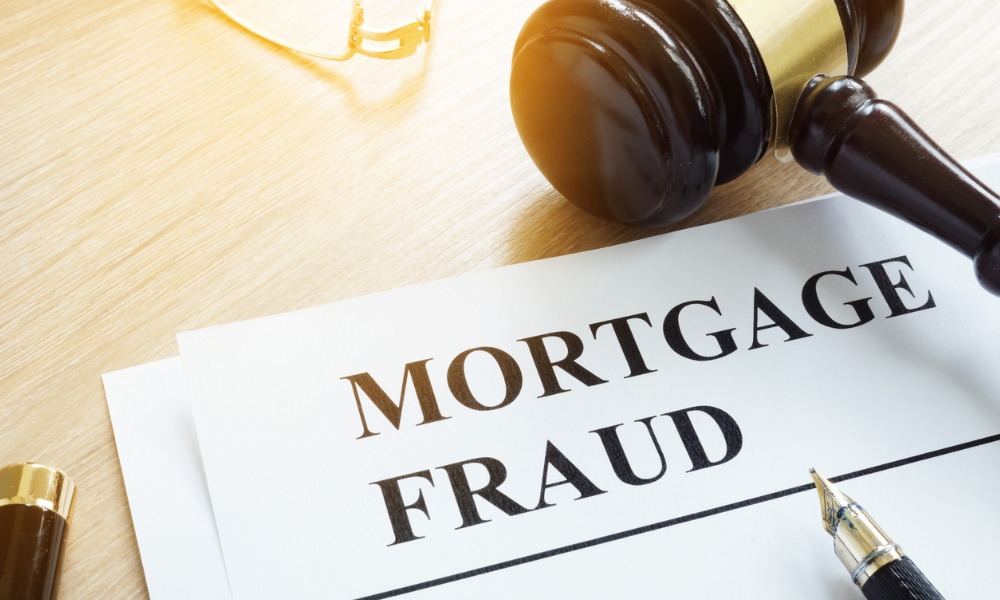As home prices start to escalate again, real estate lawyers have been warned to watch out for desperate homeowners who are willing to commit mortgage fraud

The Ontario housing market has been getting increasingly difficult for would-be homebuyers to crack into, and Ontario lawyers have been put on high alert for buyers who will do anything to purchase a property—including commit mortgage fraud.
LawPRO, an insurer that protects Ontario lawyers from legal malpractice claims, is warning lawyers to be on the lookout for “fraud for shelter,” due to “housing prices on the rise, more rigorous mortgage rules, and the resulting difficulty for some Ontarians to purchase property.”
Fraud for shelter includes buyers willing to make fraudulent claims in order to purchase a house to occupy. The intentions are sincere in that they intend to make the mortgage payments once they get into the home, but for whatever reason, the initial barriers to homeownership are insurmountable.
On a recent Equifax survey, 25% of millennials said they would knowingly lie on a credit application for a car or a mortgage. This may include actions like inflating their income or other financial assets in order to qualify for a mortgage.
Much of Canadian mortgage fraud is concentrated in Ontario, and creating more regulation without hampering sales and housing activity is a delicate balance. The key is balancing all the different stakeholders in a way that maintains security and compliance while still exploring new technology and innovation.
Equifax in particular is exploring improvements and advancements to specifically support the loan industry in fighting mortgage fraud, allowing brokers to have a better picture of individual borrowers. They’re working toward onboarding all lenders in order to increase the detail of the information gained about borrowers.
The idea is that if the mortgage industry can better self-regulate when it comes to fraud, it will require less intervention from outside regulators.
Fraud could happen with just a single borrower or any number of people can be involved with help from a representative of the broker, lender, insurer, title, or legal.
Apart from fraud for shelter, other types of fraud include the straw buyer scheme, which involves using a third-party with good credit and/or more funds presenting themselves as the true purchaser of the property; and fraud for profit, where the perpetrators aim to make off with mortgage funds, either from the buyer or the lender.
“The risks for lawyers in this arrangement are obvious: When the person(s) behind the scheme default on the mortgage, the ‘friend’ or other straw buyer will be on the hook, pursued by the bank and facing financial ruin. The straw buyer may sue the lawyer claiming to be unaware of what they were getting into.”
Another tactic that has emerged is when a buyer secretly retains a second lawyer to take out a second mortgage, said LawPRO, warning that lawyers should be on the alert for clients who adamantly refuse title insurance, seem to know little about a property, or are always seeking permission from someone else during the transaction.



